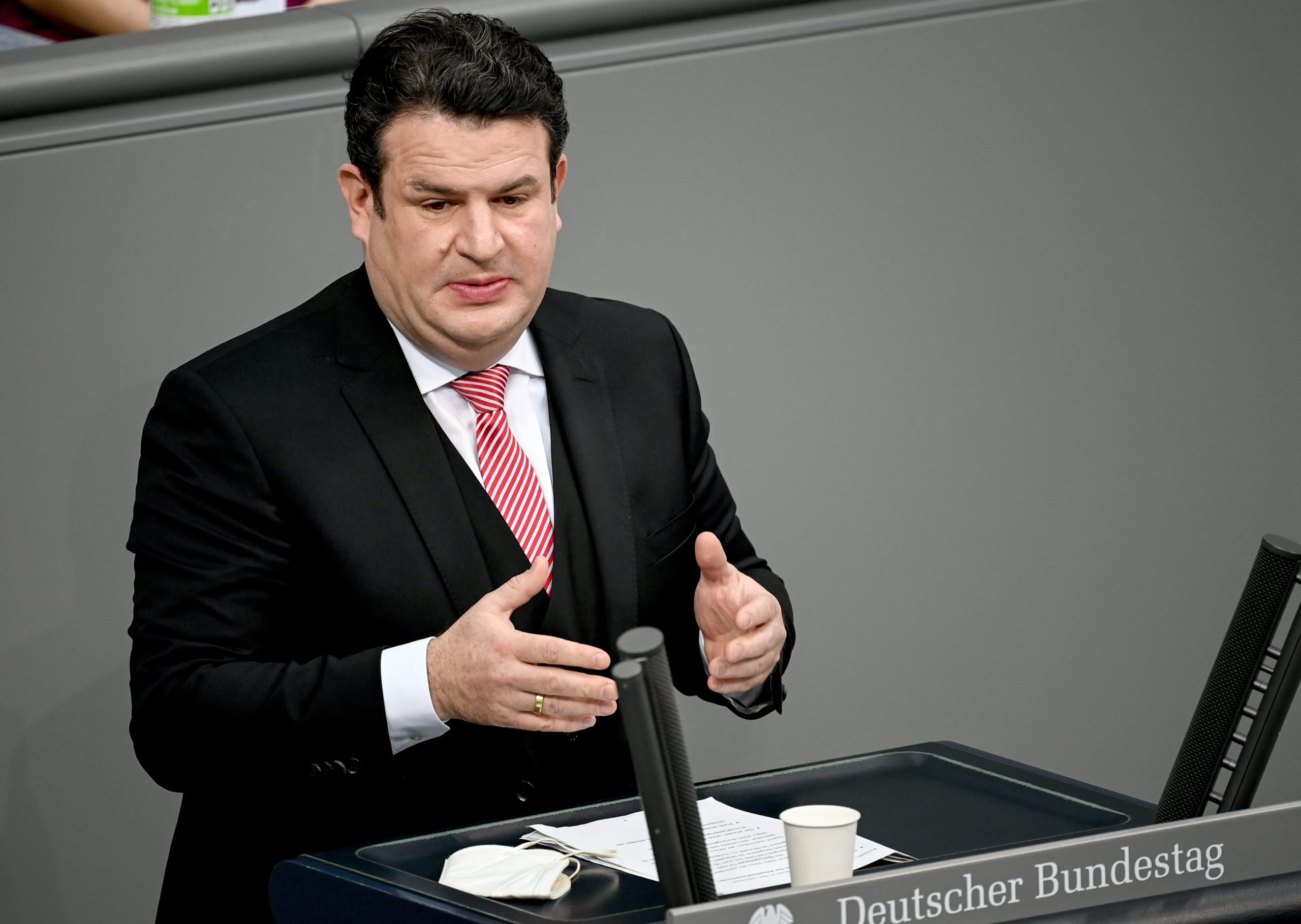What’s going on?
Germany has been tightening up its consumer rights in recent months. Since the end of last year, it’s become easier to cancel broadband and mobile contracts after they expire, and customers have been able to demand a discount from internet providers that don’t provide the bandwidth they advertise.
Until now, however, the right to pay less for lower internet speeds has only applied to fixed-network connections at home. By using the Federal Network Agency’s (BNA) broadband measuring tool – breitbandmessung.de – customers can find out whether there’s a discrepancy between their promised bandwidth and the bandwidth they actually receive. If the gap is too big, they’re entitled to reduction in their monthly fees.
According to a new key points paper from the Federal Network Agency, similar rights could soon be extended to mobile internet users in the near future: if mobile internet is significantly slower than advertised, customers should be able to claim a discount from their provider.
In the case of broadband, the level of the discount is decided between customers and providers on a case-by-case basis. The same system looks likely to apply for mobile internet users.
READ ALSO: How Germany has made it easier to cancel broadband and phone contracts
That’s good news – so how does it work?
Here’s where things get a little complicated. While broadband speeds can be relatively stable and easy to measure at home, the fluctuating demand for mobile internet and sheer number of customers using a single mobile communications antenna can lead to huge variations in speed. This can make it difficult to ascertain whether data speeds are consistently below par for mobile users.
With this in mind, mobile users have to provide much more evidence of inadequate service before they’re entitled to a discount.
According to the plans set out by the BNA, mobile providers must deliver at least 25 percent of the estimated maximum transmission value in urban areas, 15 percent in semi-urban areas and 10 percent in rural areas. That means that someone living in a big city whose contract specifies maximum download speeds of 100 megabits per second should be able to transfer data at a rate of at least 25 megabits per second.
When it comes to claiming the discount, however, customers will need to show a fair amount of perseverance. Using the BNA’s network measuring tool, they’ll need to present at least 30 distinct measurements over five days – split evenly into six measurements per day. They should also leave a minimum gap of three-hours between the third and fourth measurements and at least five minutes between each of the other measurements.
If the minimum specifications are met at least once on three of the five days, the mobile provider doesn’t have to offer a discount. If not, customers are entitled to a reduced rate.
READ ALSO: Moving house in Germany: 7 things you need to know about setting up utility contracts
What are people saying?
According to the German Consumer Advice Agency (VBZ) – an association advocating for consumer rights in Germany – the BNA’s standards for mobile internet fall far short of what’s required.
Speaking to DPA on Wednesday, VBZ excutive Ramona Pop welcomed the fact that the government was bringing in additional rights for mobile users. However, the rules for claiming a discount are “disappointing” and “virtually unusable”, she said.
In particular, the consumer rights association said it was “incomprehensible” that mobile providers only had to meet the specifications on three out of 30 measurements. “The measurement tool is becoming a toothless tiger,” Pop explained, adding that mobile internet users were often irritated by the discrepancy between what operators promise and what they deliver.
Instead of just 10-25 percent, the VBZ executive said mobile providers should deliver at least 90 percent of the contractually guaranteed maximum bandwidth. She also criticised the BNA’s decision to impose standards in urban and rural areas, which she said contradicted the principle of nationwide coverage.

However, industry groups have hit back at the plans to impose minimum standards for mobile internet.
According to Jürgen Grützner, head of the telecommunications industry association VATM, network operators only have a limited influence on the internet speeds users recieve.
“It is actually not possible to make a technically justifiable reference to individual coverage from a technical maximum value under optimum conditions,” he said. “When signing a contract, users are well aware that this maximum value cannot be achieved everywhere in every situation, at every time, at every base station and with every load.”
Frequencies can be used to provide good coverage in rural areas – even at lower bandwidths, Grützner said, adding that readings taken in enclosed spaces like basements were likely to be lower than those in the open.
VATM also argues that customers don’t expect to get the maximum bandwidth at all time. Providing optimum coverage at all times would also lead to much higher fees for customers, Grützner added.
READ ALSO: Fact check: Is Germany’s internet really that bad?
What are the next steps?
According to the key points paper, the Federal Network Agency plans to present draft decree in the next few months, which will be decided on after consultations with stakeholders. However, it will still be some time before consumers can use the mobile communications metering tool to claim a discount.




 Please whitelist us to continue reading.
Please whitelist us to continue reading.
Member comments